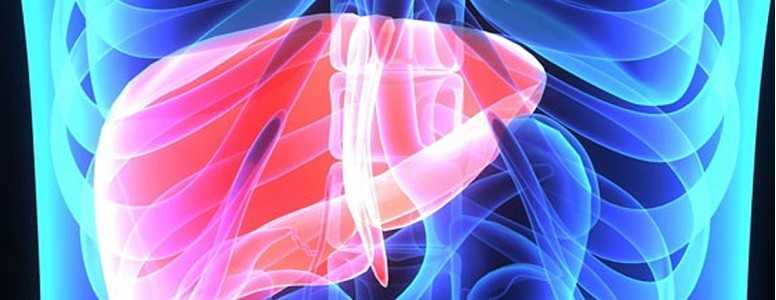A breathing artificial pancreas, created using lung tissue from a pig, will be tested on humans within 12 months, according to the company behind the innovation.
The biological pancreas contains living islet cells that are able to produce insulin but need oxygen to keep them alive. This is where the lung tissue comes in. By seeding islet cells onto lung tissue, the researchers are confident that the islet cells can breathe and survive once implanted into the body.
The new technique has demonstrated success in animal trials and the research team are keen to test how well the system works in humans.
Dr Nikolai Kunicher, CEO of Jerusalem-based Betalin Therapeutics, claims the product could be available to people with diabetes within five years.
So far $3.5 million has been raised by Betalin Therapeutics and the company is seeking a further $5 million before the study on humans starts, with each biological artificial pancreas due to cost about $50,000 per participant.
The Betalin team includes Sidney Altma, who won the 1989 Nobel Prize for chemistry. Speaking to The Jerusalem Post, he said both himself and his mum have type 2 diabetes and he lost his brother to the condition.
The researchers are developing the bio-artificial pancreas with a view towards treating type 1 diabetes. A number of research teams are working on methods using living islet cells but, so far, there have been difficulties in keeping living cells alive within the body for people with type 1. It is a challenge because living islet cells require oxygen but also need to be protected from the autoimmune response of type 1 diabetes, that tries to kill insulin-producing cells.
Dr Avi Treves, who leads Betalin’s research and development, said the biological pancreas is a stage ahead of the Edmonton Protocol, which is the method of implantation of pancreatic islets.
He said: “Doctors take a suspension of islets from a donor and implant them into a patient. This can cure patients for a few years. But it is a complicated procedure and has many disadvantages, such as that the tissue dies over time, and patients have to be immunosuppressed because you are implanting a foreign tissue.”
Instead, Dr Avi Treves said cells from the biological pancreas last for longer and have an improved function, with the whole process potentially being easier and cheaper.
The firm was launched in 2015, with the biological pancreas based on 10 years’ research led by Hebrew University’s Professor Eduardo Miterani.





